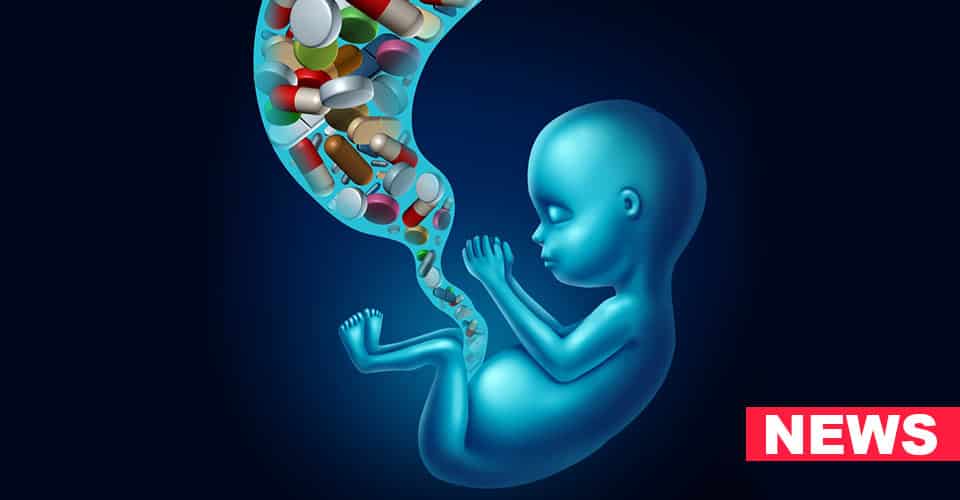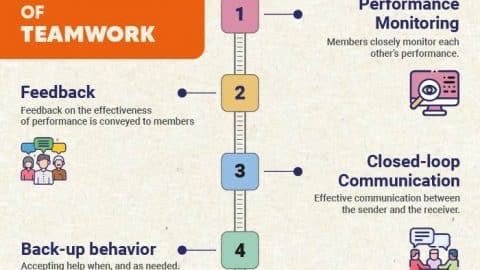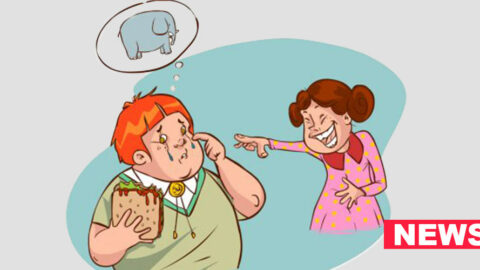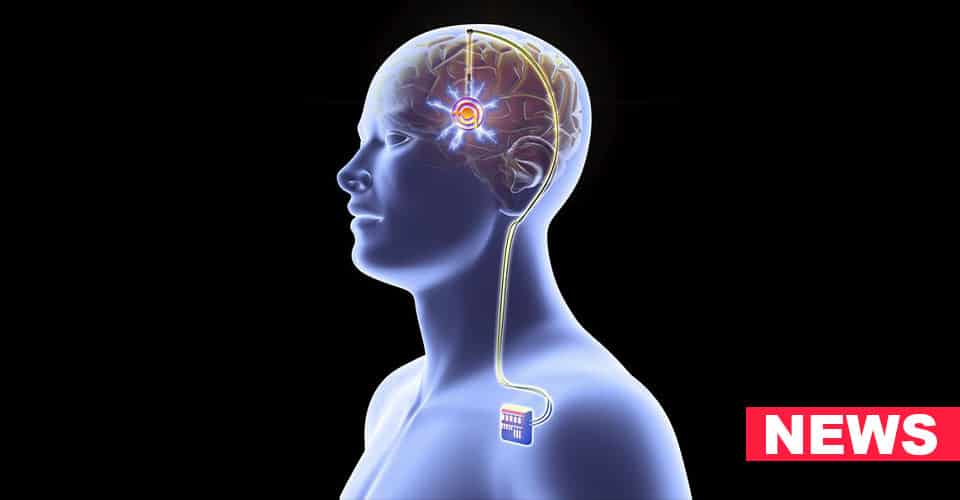A recent study has shed light on a concerning association between the simultaneous use of tobacco and cannabis and increased risk of anxiety and depression.
Researchers examined data from the COVID-19 Citizens Health Study, delving into the substance use patterns of a staggering 53,843 adults in the United States over the period spanning 2020 to 2022.
The findings suggest that individuals who co-consume both substances face approximately 1.8 times higher odds of experiencing these mental health challenges compared to non-users.
While the study does not establish causation, it highlights potential mental health risks associated with the concurrent use of tobacco and cannabis.
Factors Behind Increased Risk Of Anxiety And Depression
The study, conducted against the backdrop of the ongoing COVID-19 pandemic, sought to unravel the complex relationship between substance use and mental health. Here are the key takeaways:
Combined Substance Use:
Researchers honed in on a specific group of adults who engaged in the simultaneous use of tobacco and cannabis. This co-use pattern was a focal point of the study, aiming to understand its potential repercussions on mental health.
Heightened Risk:
The study’s most striking revelation was that co-users of tobacco and cannabis exhibited a significantly elevated likelihood of experiencing risk of anxiety and depression. Specifically, their odds of facing these mental health challenges were found to be approximately 1.8 times higher compared to individuals who abstained from both substances.
Causation vs. Correlation:
It’s crucial to note that while a clear correlation emerged from the data, the study does not establish causation. In other words, it does not definitively state that co-use of tobacco and cannabis directly causes anxiety and depression.
However, the findings underscore the need for further research to explore the underlying mechanisms driving this association.
Understanding the Implications
The implications of this study extend far beyond the realm of substance use. They prompt critical questions about the interplay between mental health and the use of these commonly consumed substances.
- Complex Relationship: The complex relationship between substance use and mental health challenges is a topic that has long intrigued researchers. While substances like cannabis are often associated with relaxation and stress relief, their impact on mental health can be multifaceted.
- Potential Risk Factors: The study’s findings raise questions about potential risk factors associated with the co-use of tobacco and cannabis. It invites further inquiry into the biological, psychological, and sociocultural factors that might contribute to a heightened risk of anxiety and depression in this population.
- Mental Health Awareness: The study serves as a reminder of the importance of mental health awareness, especially in the context of substance use. It highlights the need for healthcare providers and public health agencies to be attuned to the mental health challenges that individuals who co-consume these substances may face.
While this study offers valuable insights, it is just the beginning of a more comprehensive exploration of the relationship between substance use and mental health. Future research will be essential to:
Determine whether the co-use of tobacco and cannabis directly contributes to anxiety and depression or if other factors are at play.
If a causal relationship is established, it will be crucial to develop targeted interventions to support individuals who co-consume these substances.
Continue raising awareness about the potential mental health risks associated with substance use and the importance of seeking help when needed.
In conclusion, the study’s findings signal a critical need to delve deeper into the intricate connections between substance use and mental health.
While the co-use of tobacco and cannabis does not definitively cause anxiety and depression, the correlation uncovered in this research underscores the importance of further investigation and a nuanced approach to understanding and addressing mental health challenges in individuals who engage in these behaviors.
It serves as a call to action for the scientific community and healthcare providers to explore these dynamics and develop effective strategies for supporting mental health in this population.


























